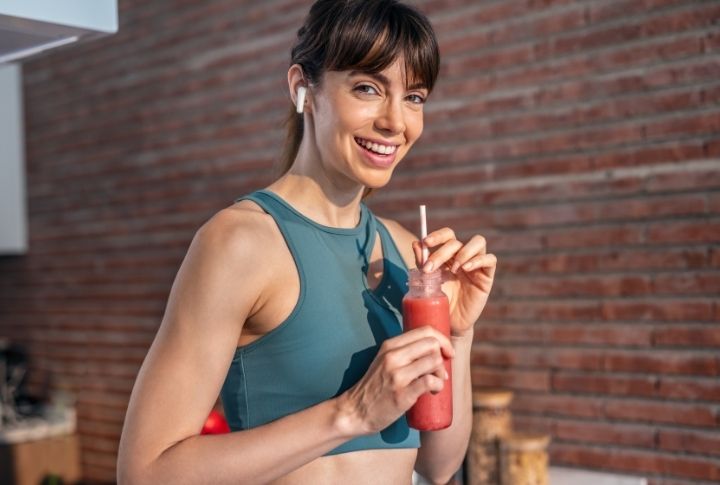
Staying hydrated is vital for your health, yet the effectiveness of various beverages can vary significantly. Here, you’ll learn which drinks are best for keeping you hydrated and which could cause harm. With insights from dietitians, you can make informed choices about your daily beverage intake to ensure your drinking habits support your general well-being.
Drink Water
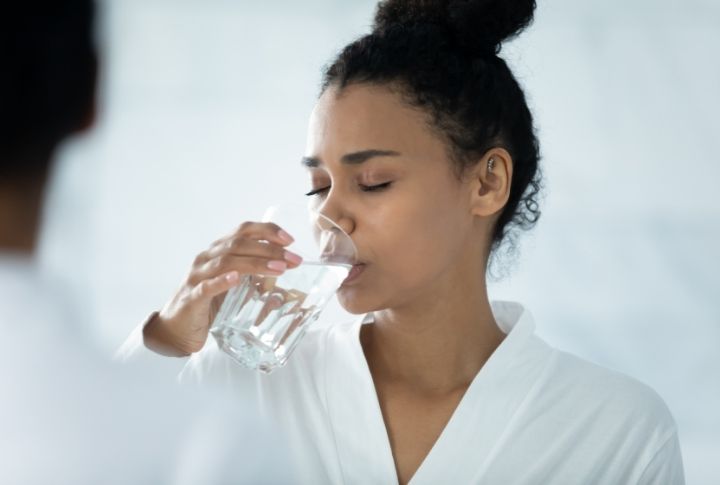
Water remains the quintessential drink for hydration, recommended universally by health experts. It’s calorie-free, cost-effective, and devoid of sugars or additives, which makes it the safest and most effective alternative for daily rehydration. Water aids in nutrient absorption and digestion and even helps improve skin health by maintaining its elasticity and moisture levels.
Coconut Water
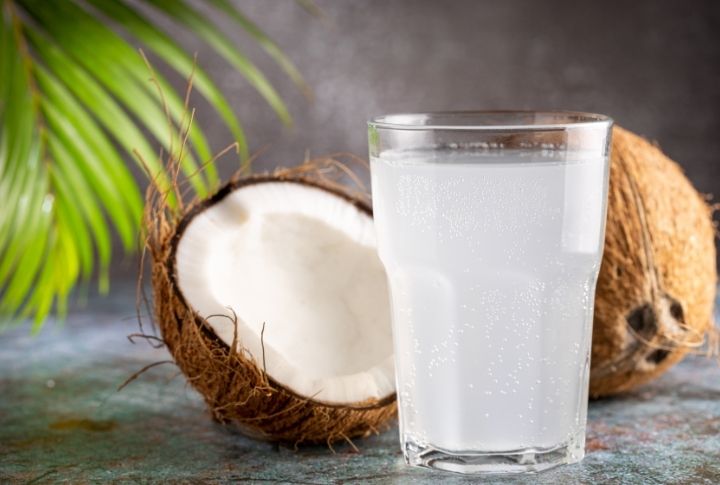
Rich in potassium and other electrolytes, coconut water is an excellent choice for rehydration, notably post-exercise. It’s naturally low in calories and sugars compared to standard sports drinks, making it a healthier option for restoring hydration and electrolyte balance. Coconut water also offers added advantages, like promoting heart health due to its potassium content.
Electrolyte-Infused Water
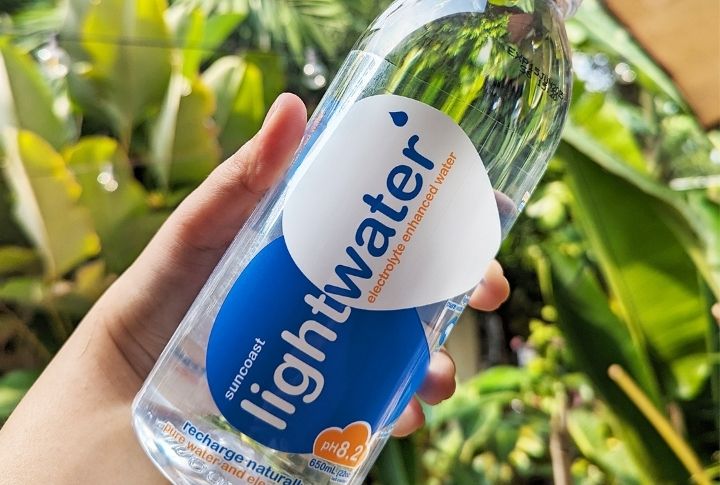
Electrolyte-infused waters, like DripDrop or Buoy, provide a significant hydration boost, particularly during intense physical activity or heat exposure. These products are formulated to efficiently replace lost sodium and potassium, supporting rapid rehydration and preventing conditions like hyponatremia, which can occur due to electrolyte imbalances during prolonged physical exertion.
Watermelon Juice
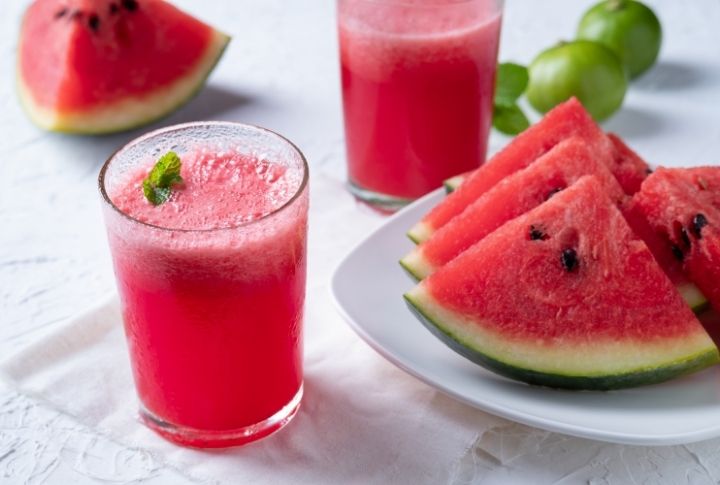
Watermelon juice is highly hydrating due to its high water content—about 92%. It’s also rich in vitamins A, C, and B6, antioxidants, and amino acids. The natural sugars in watermelon juice provide a refreshing and energy-boosting selection for hydration, which makes it suitable for hot weather and post-exercise replenishment.
Aloe Vera Juice
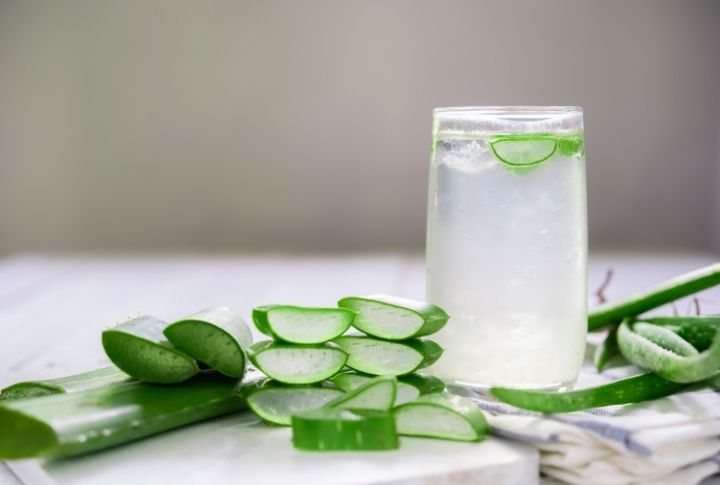
Famous for hydration, aloe vera juice is packed with valuable components. It comprises a wealth of essential minerals and vitamins C and E, known for their antioxidant effects. The drink also delivers anti-inflammatory gains that aid digestive health and skin hydration. Its comprehensive range of nutrients makes it a superb preference for sustaining overall wellness and adequate rehydration.
Cucumber-Infused Water
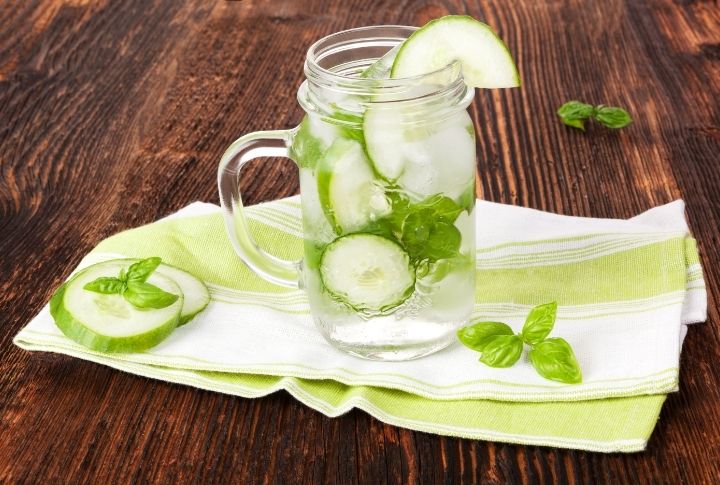
Adding cucumber slices to water introduces a refreshing taste and various essential nutrients. Cucumbers are a fabulous source of potassium and magnesium, critical for maintaining proper hydration and supporting overall health. This infusion brings a variety of vitamins and antioxidants to the table, making it a revitalizing choice for daily hydration and well-being.
Kombucha
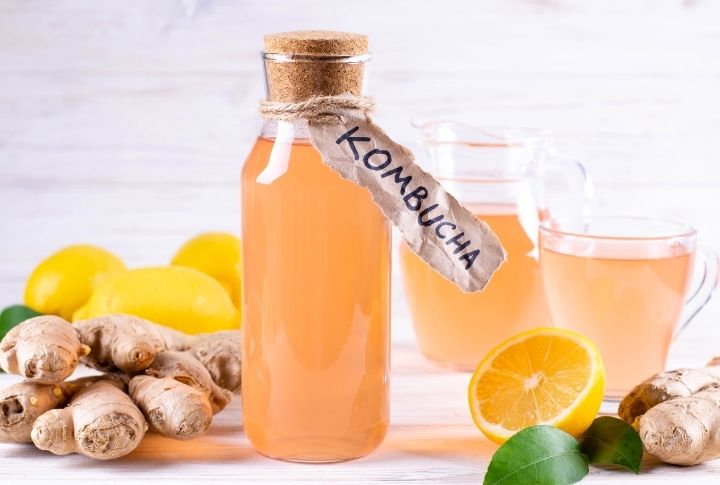
Tea and sugar fermented with a symbiotic culture of bacteria and yeast result in a gently sparkling beverage called kombucha that provides multiple wellness benefits. This process creates a nutrient-dense drink packed with probiotics that enhance gut health and digestion. Besides its digestive perks, it also serves as an exceptional hydration option, combining refreshments with necessary nutrients for general well-being.
Herbal Teas
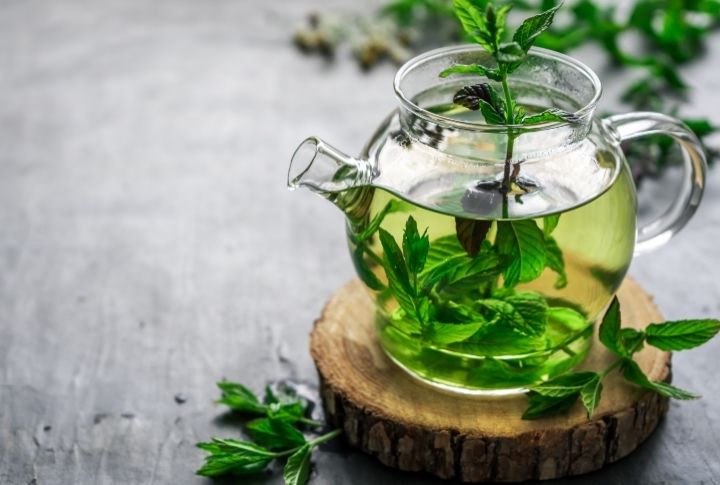
Chamomile, peppermint, and ginger herbal teas offer hydration benefits without the dehydrating effects of caffeine. These teas can help soothe the stomach, reduce inflammation, and promote relaxation. Drinking herbal teas can be a comforting, calorie-free way to enhance your water ingestion while enjoying their therapeutic perks.
Milk
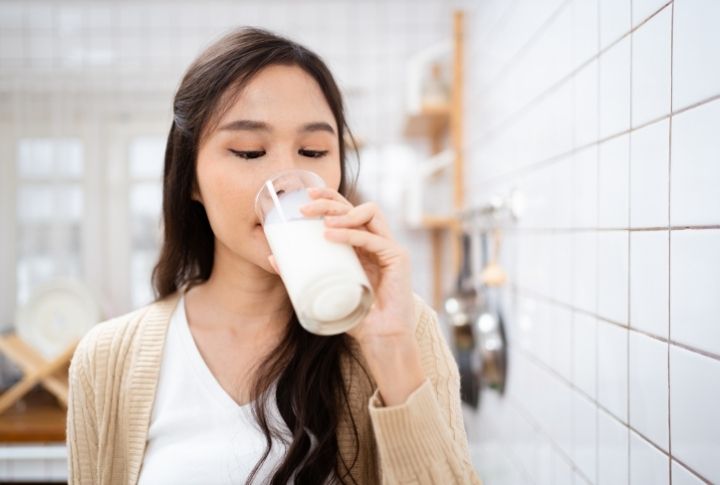
Full of nutrients such as vitamin D, calcium, and protein, milk contributes to developing and preserving strong bones and muscle repair. It provides a balance of electrolytes that can aid in hydration and recovery, especially post-exercise. Consuming milk can be a nutritious way to meet daily hydration needs, but it might lead to discomfort for those with lactose intolerance.
Avoid: Sugary Drinks
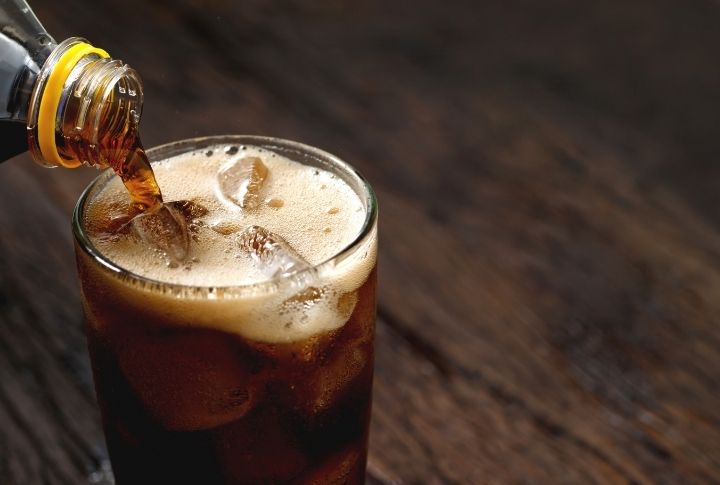
Sodas and sweetened teas are at the top of the list of beverages to avoid. Despite their refreshing taste, these drinks can cause dehydration. They contain high amounts of sugars that require the body to extract water from tissues to dilute them, which could result in dehydration. Experts suggest minimizing the intake of such beverages, particularly during vigorous workouts or in high temperatures.
Caffeinated Beverages and Hydration
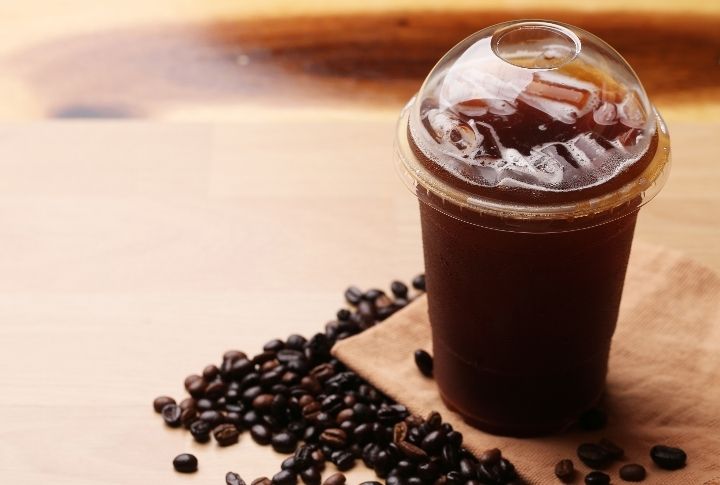
Moderate coffee or tea consumption typically does not impact hydration, but excessive caffeine ingestion can lead to dehydration. Caffeine’s diuretic properties increase urine production, potentially causing fluid loss if not balanced with sufficient water intake. It is recommended to cut back on caffeine intake and drink water to stay hydrated after caffeinated drinks.
Alcohol

By decreasing vasopressin levels, alcohol can cause more frequent urination, which may result in dehydration. To mitigate this, drinking a glass of water between alcoholic beverages is endorsed. This strategy helps maintain hydration and supports overall health, specifically in social settings where alcohol consumption might be higher.
Sports Drinks
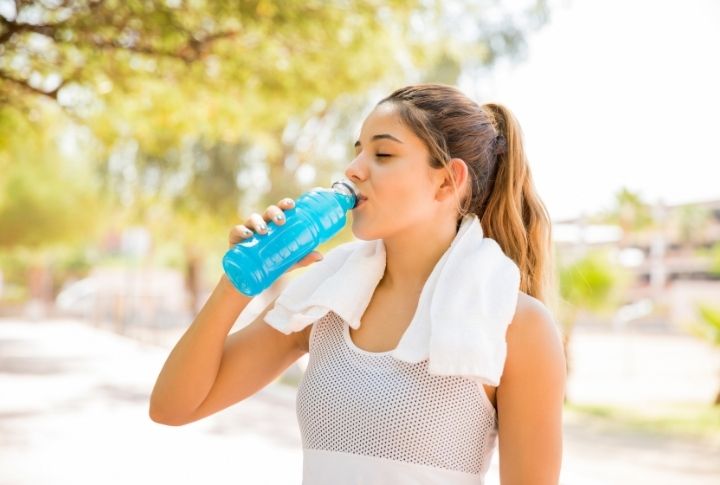
Sports drinks efficiently replace lost electrolytes for high-intensity, long-duration activities but are often excessive for casual workouts. Many of these liquids have substantial sugars and sometimes caffeine, which might not suit everyone’s hydration needs, especially those who do not lose considerable amounts of sweat.
Fruit-Flavored Juices
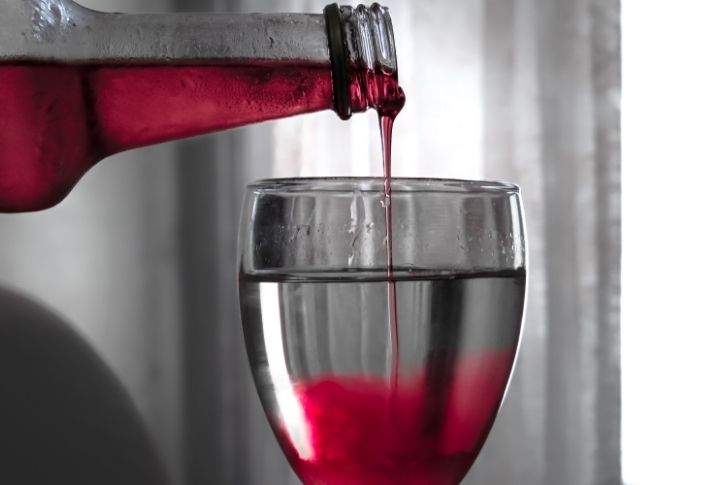
Unlike pure fruit juices, fruit-flavored drinks contain added sugars or syrups and lack the natural vitamins and minerals in whole fruit. These sugars increase the body’s need for water to process and metabolize them, potentially leading to fluid loss. The high sugar content can cause fluctuations in blood sugar levels, which may indirectly affect hydration status.
Energy Drinks
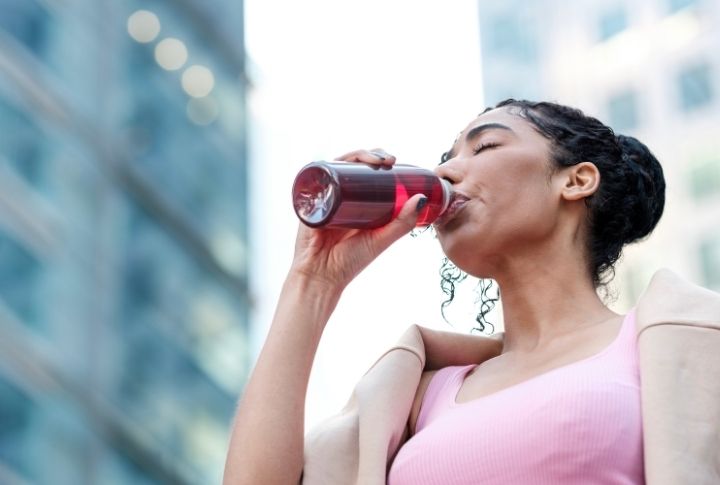
Energy drinks often combine high levels of both caffeine and sugar, creating a notable risk for dehydration. These refreshments boost energy temporarily but can lead to more significant fluid loss. Natural alternatives like green tea give a gentler rise in energy without the drastic effects on hydration.


Comments
Loading…